5 Tips For Dealing With Property Disputes In The Family- Guest post
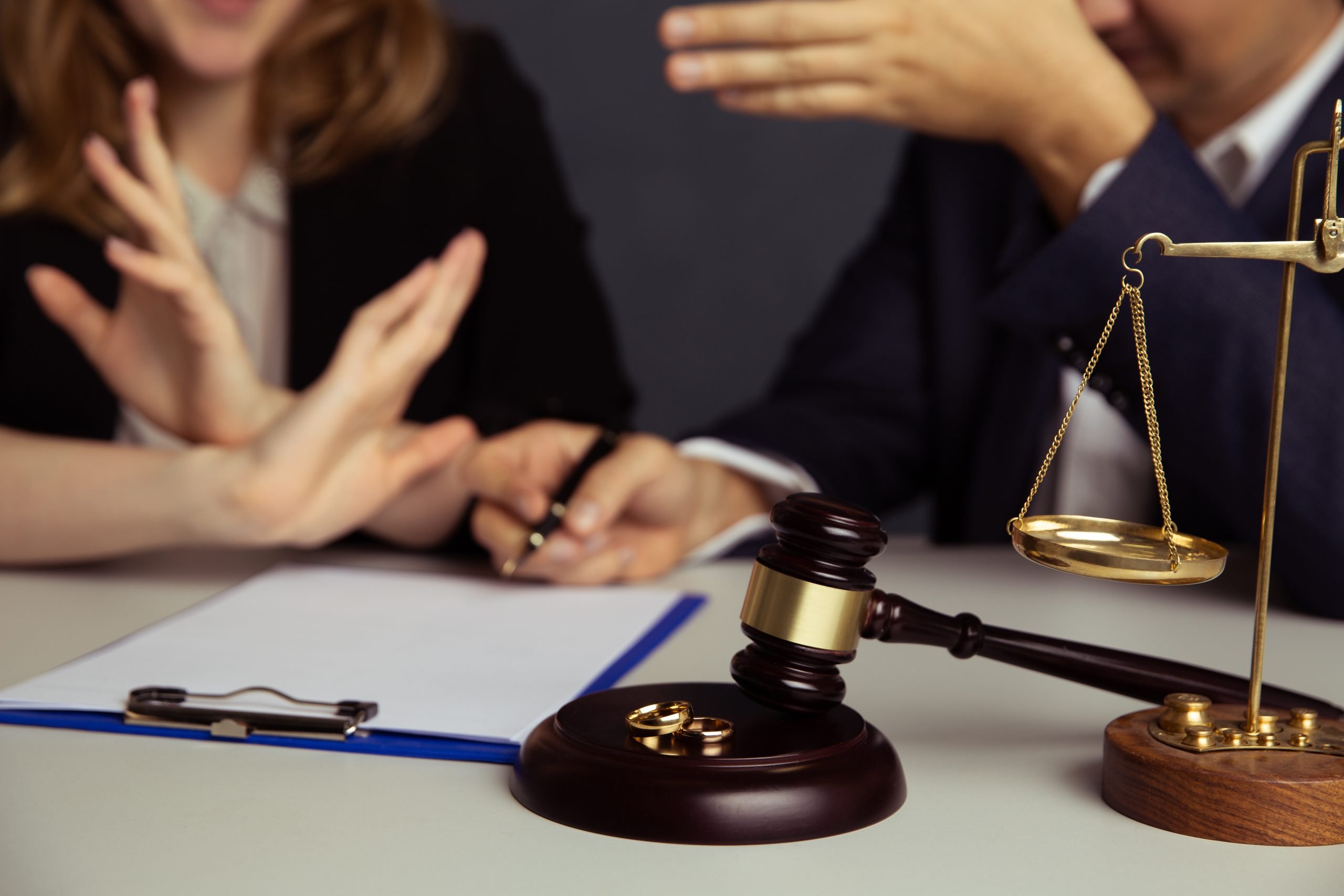
Property disputes – this is one of the most common problems faced by many families, especially those who co-own a property and aren’t on the same page as to what needs to be done with it (whether to sell the property or keep it).
Most of the time, family members get the ownership of a property through inheritance. There are, however, times when they get to own it because of a business venture not working out. Either way, it usually results in them not knowing what’s to be done and how they can avoid this situation from driving a wedge between their family.
If you’re facing the same problem and aren’t sure as to how you should be approaching this situation and solving it without causing major disputes, you’ve come to the right place!
In this article, we’ve put together 5 tips from professional family/charity solicitors to help you deal with property disputes the right way.
Let’s take a look!
1. Choose a Settlement or Early Mediation Conference
If you’re unable to find a middle ground for the ongoing property dispute with your family, it’s best to seek assistance from a third party. This could be anyone from a family friend to a family/charity lawyer or judge.
By conducting an early mediation or settlement meeting, you can easily resolve the differences with your shared owners and other family members. This will also help save a lot of money, animosity and stress; for both the parties involved, of course!
2. Crunch the Numbers
In case of property disputes, most of the partitioning cases hardly get off the ground. This is primarily because family members are unable to come to a decision without a good hold on numbers – the accounting numbers!
You see every partition case includes accounting which basically means understanding who has the right to repayment for the money being shelled out for the common benefits. These expenses normally include categories like property taxes, repairs to the property, mortgage payments and property insurance.
Without a strong hold on all these costs, resolving a property ownership dispute is going to be very difficult.
3. Set Your Objectives Beforehand
More often than not, the common issue related to property co-owned by family members is that all of them have different objectives and stick to the ones that they feel is right.
This is why it’s essential for you to discuss your goals beforehand and assess whether the family members would want to sell the property or do you have to buy out the others. In doing so, you’ll be able to understand the role of the property and the value you’ll get out of it.
4. Figure Out What the Property Is Worth
When you talk about property dispute cases, its value is often the tail that wags the dog!
Most families find it difficult to resolve their partition disputes mainly because they don’t agree to the value that’s being put out for the potential buy out by a particular family member.
The best way out here is to list the property for sale and then figure out its true market value. However, if a specific family member is trying to buy the other one out of the property, then it’s unlikely that they’d agree with the market value.
This is where you can seek assistance from an appraiser.
An appraiser is someone who will share their opinion on the market value of your property which you could later use as the foundation for your buy or settlement.
5. Seek Assistance From a Charity/Estate Lawyer
While this might seem like a plug, in reality, seeking assistance from a solicitor is extremely crucial especially when it comes to protecting your rights.
Not only are these lawyers experienced in this field but have also handled several property dispute cases. Moreover, they can help you and your family members easily navigate through your rights and responsibilities.
Since they know what the law would provide and adding their years of experience to the mix about understanding the judges’ decision, lawyers can help determine areas that need a firm holding and areas that you can compromise on.
Being a part of this field for quite some years, lawyers know the entire process inside out, meaning they can give you the right advice and guide you through the proceedings.
To Conclude
There’s no doubt that any issues involving our family members are extremely delicate and a property dispute case is no exception!
This is exactly why it’s important for you to take cautious steps while also seeking assistance from the right person, like an experienced property estate/family attorney, as they’ll help you and the entire family in the right way!


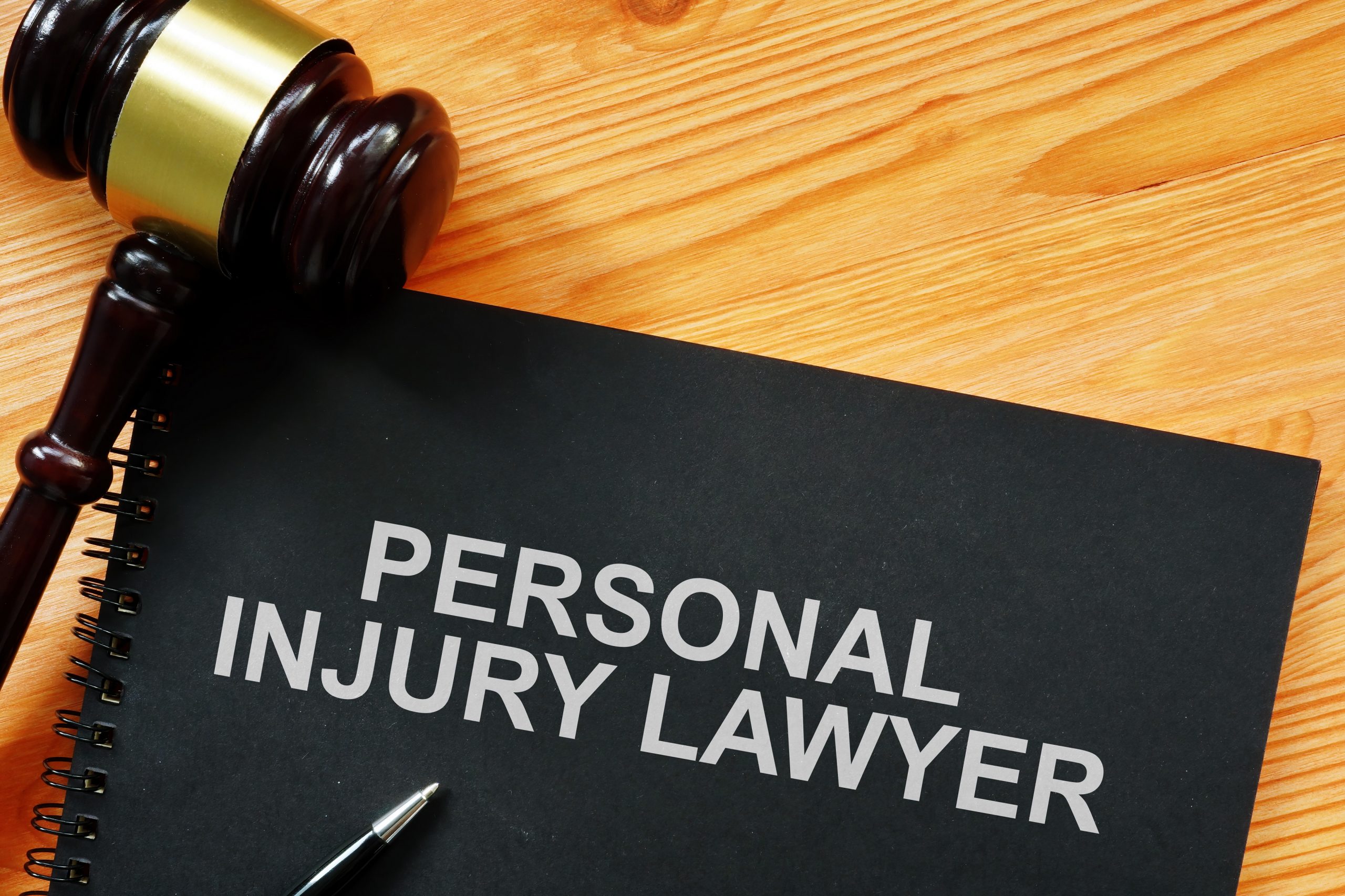


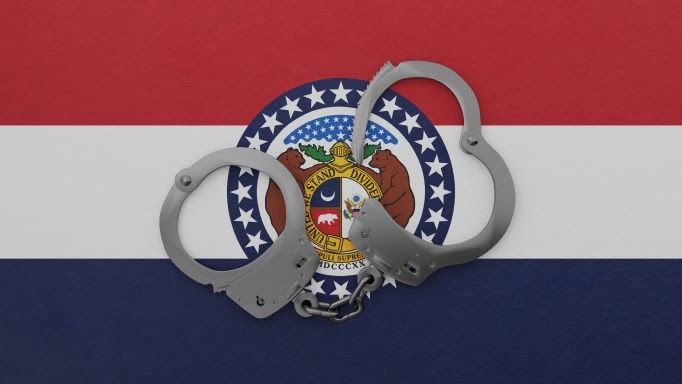

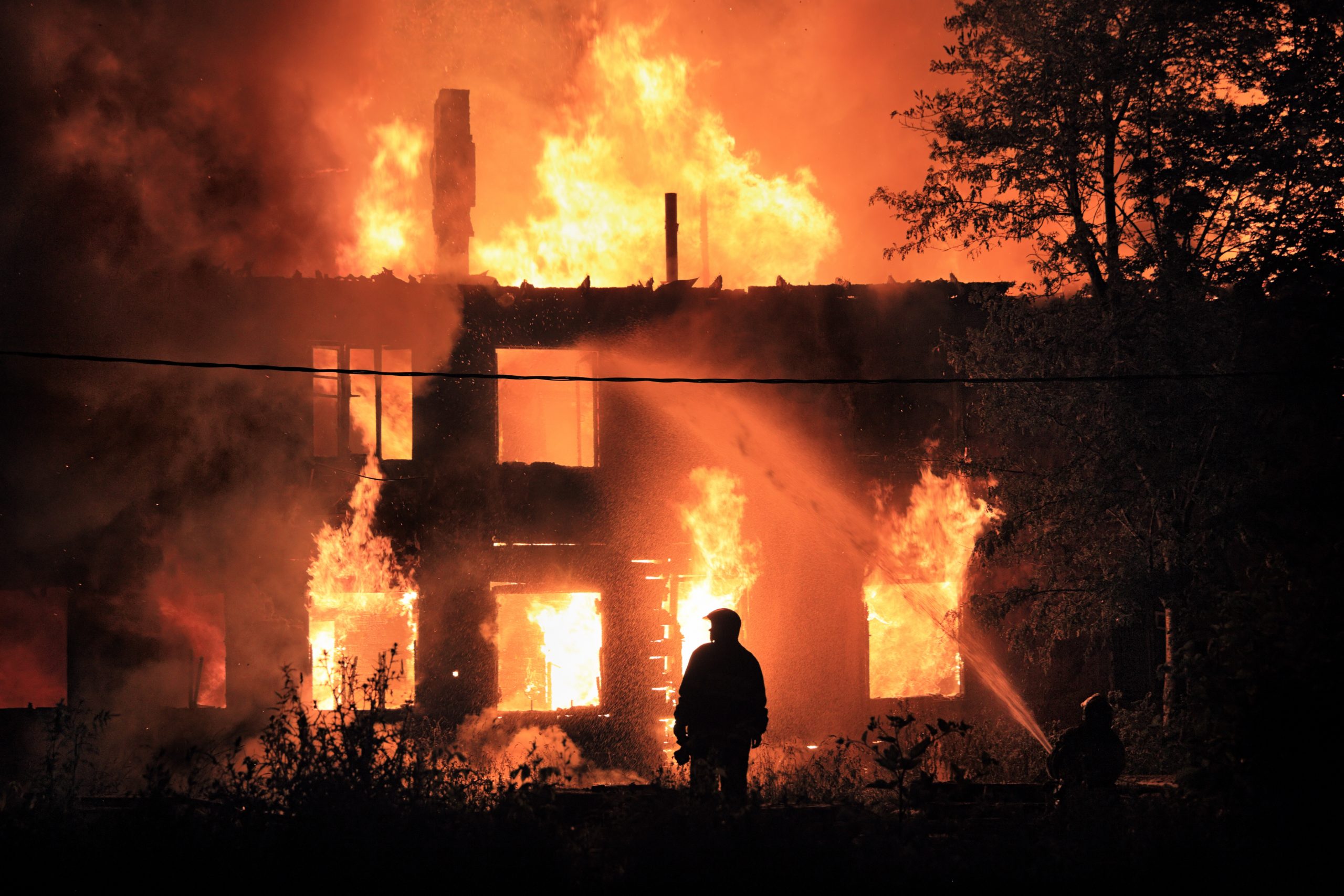
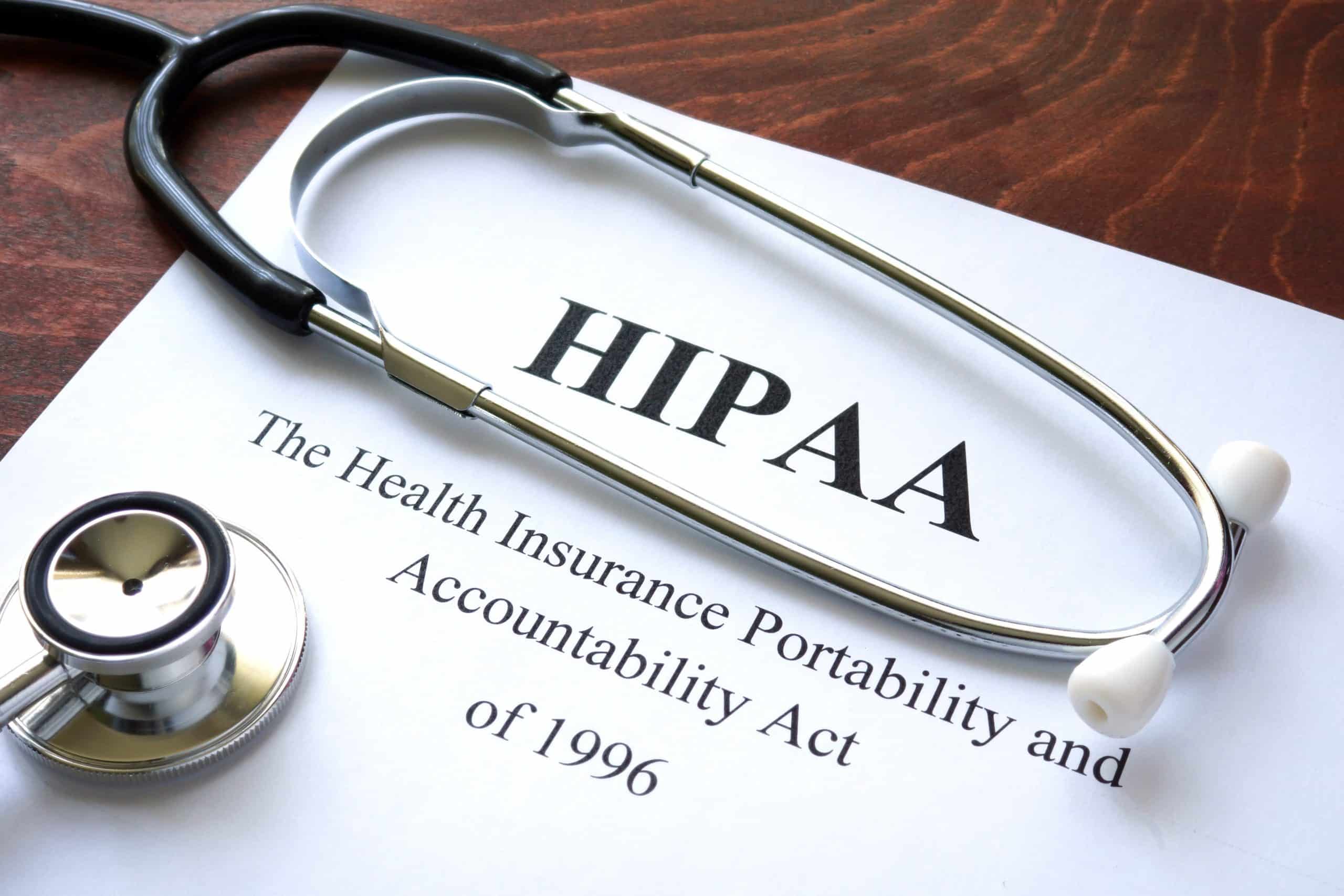
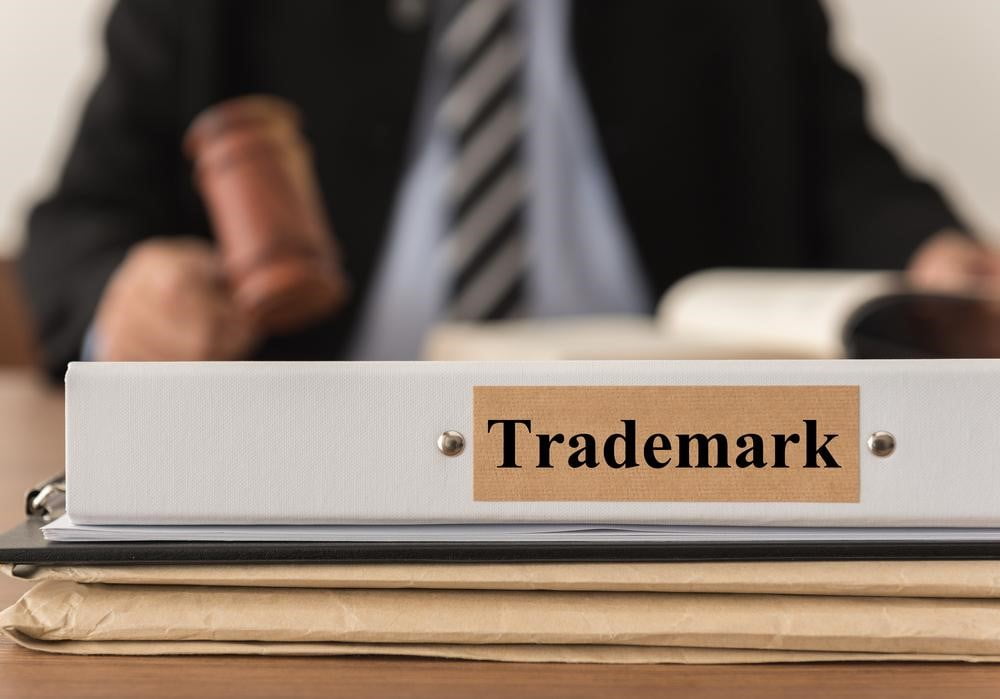
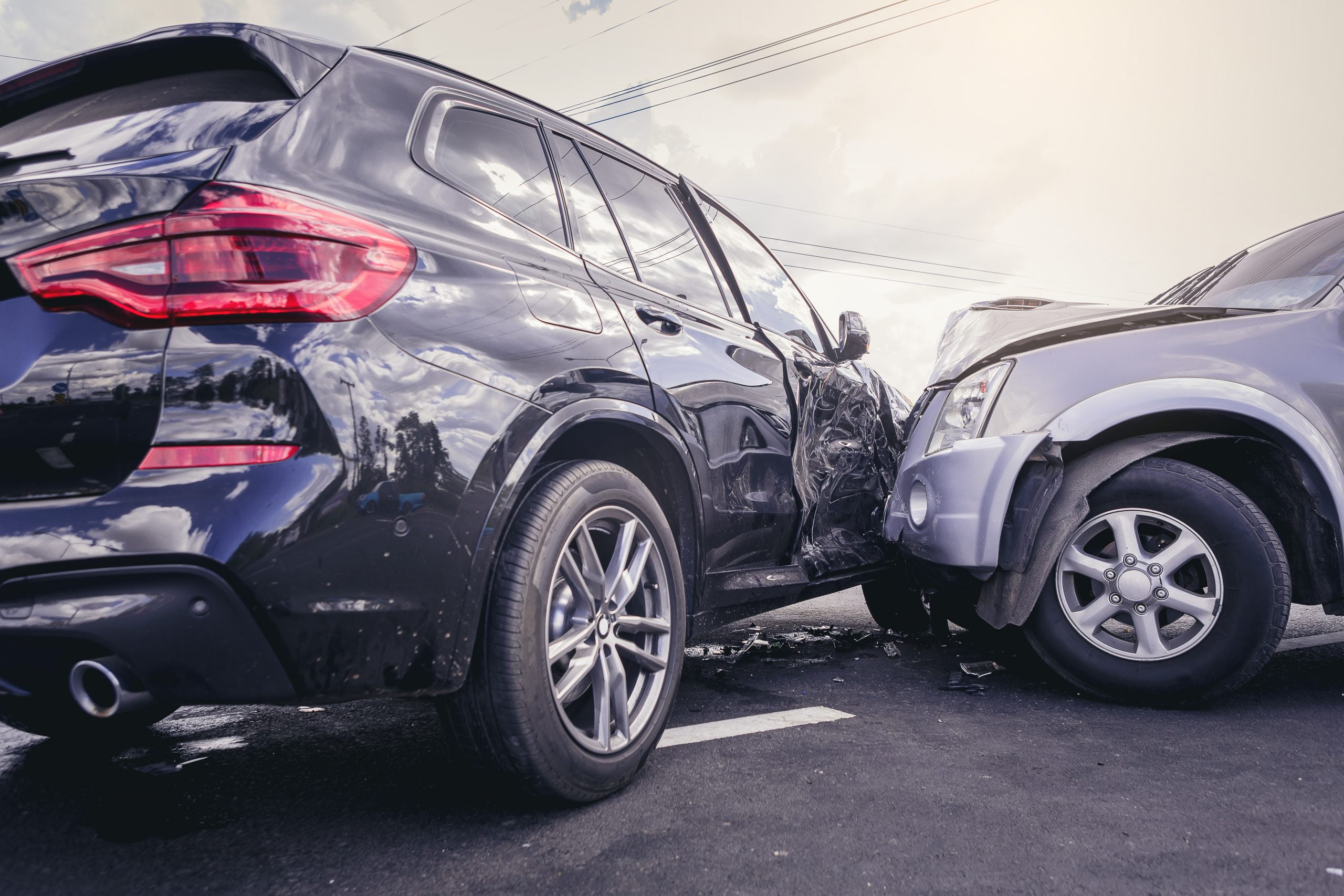

Recent Comments